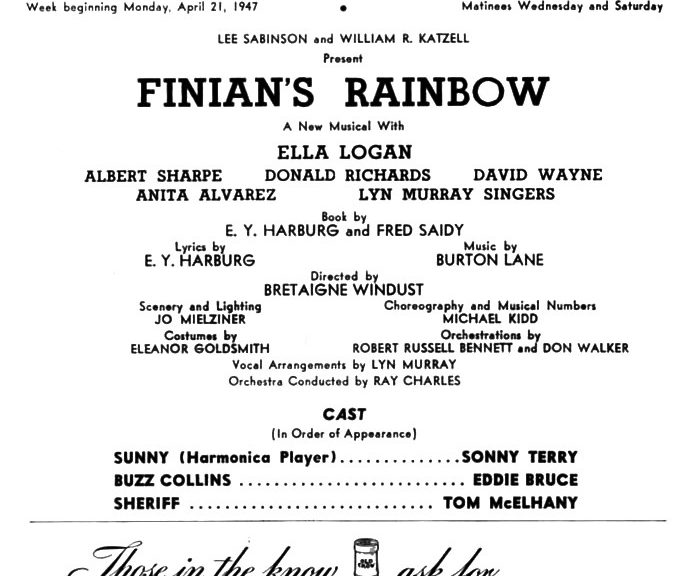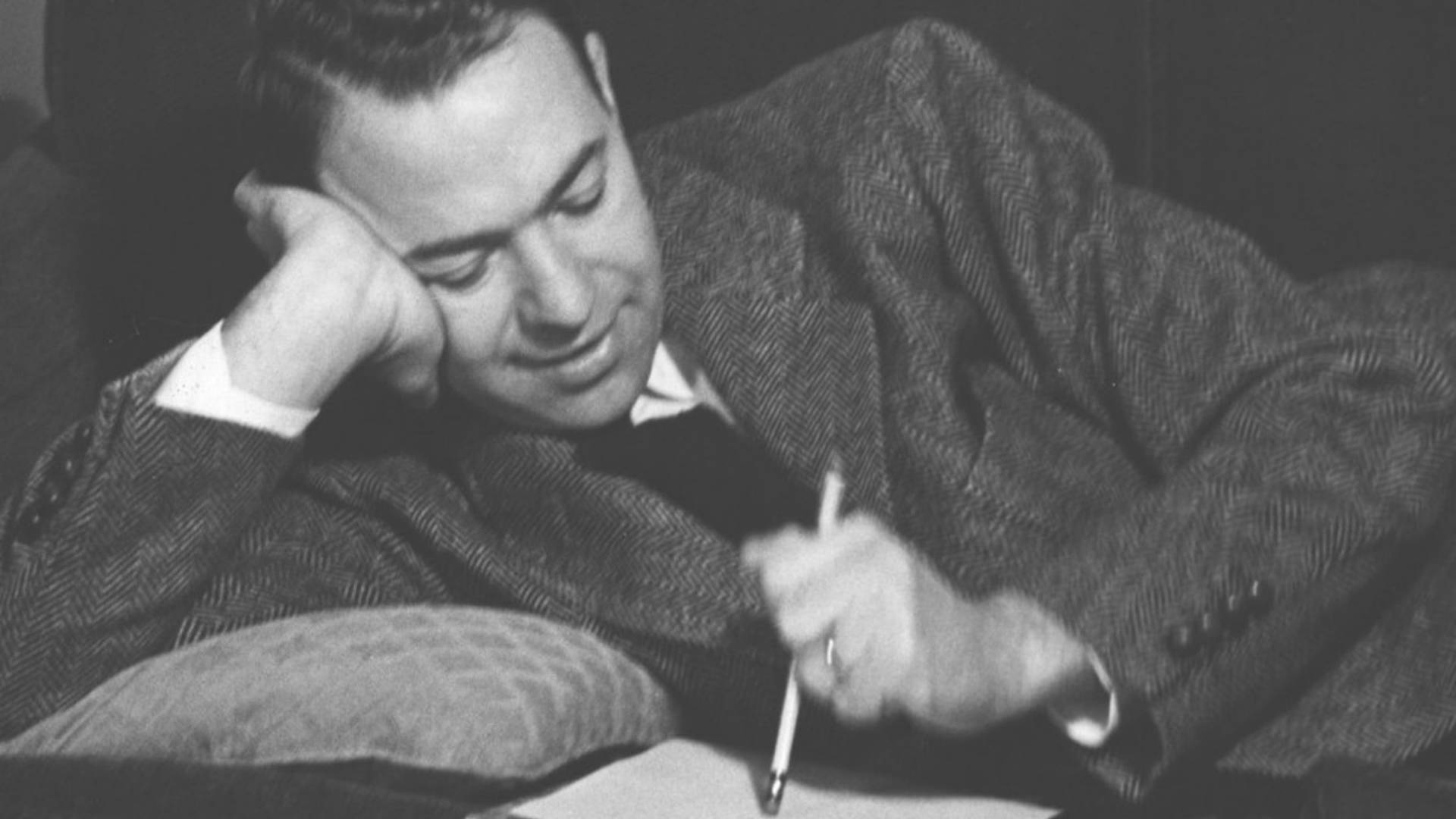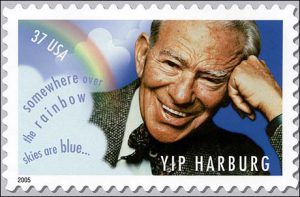Yip Harburg Finian’s Rainbow
Tom Waits “Brother Can You Spare a Dime”
Yip Harburg
We may not recognize the name Yip Harburg, but play one of his over 600 tunes and we will eventually find ourselves repeating, “He wrote the lyrics to that, too?”
To name a few, “Brother, Can You Spare a Dime?,” “April in Paris,” and “It’s Only a Paper Moon,” as well as all of the songs in The Wizard of Oz, including “Over the Rainbow.” Yes that’s right. All of the songs in The Wizard of Oz.
Yip Harburg Finian’s Rainbow
Artist Activist
Not all artists are activists, but it is not surprising to find many who are. The artists senses the same world we do, but perceives it in ways that most people do not. We non-artists sometimes do and sometimes don’t recognize the Artist’s perception.
When we don’t we might think, why didn’t I ever see that? Or we might think, I have no idea what I’m seeing (or hearing).
Yip Harburg Finian’s Rainbow
Isidore Hochberg
Edgar Yipsel “Yip” Harburg was born Isidore Hochberg on April 8, 1896 in Manhattan. He was the son of two Russian immigrants. Harburg attended Townsend Harris High School where he met Ira Gershwin.
Harburg wrote lyrics both for movie and Broadway musicals. January 10 (1947) is the anniversary of the musical Finian’s Rainbow‘s opening on Broadway. Among its songs was “When the Idle Poor Become the Idle Rich.”
Finian’s Rainbow was possibly the first Broadway musical with a racially integrated chorus line. [It was made into a film in 1968 starring Fred Astaire and Petula Clark, directed by Francis Ford Coppola.]The lyrics to “When the Idle Poor Become the Idle Rich” are classic satire as their sentiment still sadly applies to the views of many today.
|
When the idle poor become the idle rich, You’ll never know just who is who or who is which, Won’t it be rich when everyone’s poor relative becomes a Rockefellertive, And palms no longer itch, what a switch, When we all have ermine and plastic teeth, How will we determine who’s who underneath? And when all your neighbors are upper class, You won’t know your Joneses from your Astors, Let’s toast the day, The day we drink that drinkie up, But with the little pinkie up, The day on which, the idle poor become the idle rich. When a rich man doesn’t want to work, He’s a bon vivant, yes, he’s a bon vivant, But when a poor man doesn’t want to work, He’s a loafer, he’s a lounger, he’s a lazy good for nothing, he’s a jerk. When a rich man loses on a horse, isn’t he the sport? Oh isn’t he the sport? But when a poor man loses on a horse, He’s a gambler, he’s a spender, he’s a lowlife, He’s a reason for divorce. When a rich man chases after dames, He’s a man about town, oh, he’s a man about town, But when a poor man chases after dames, He’s a bounder, he’s a rounder, he’s a rotter and a lotta dirty names. When the idle poor become the idle rich, You’ll never know just who is who or who is which, No one will see the Irish or the Slav in you, For when you’re on Park Avenue, Cornelius and Mike look alike. When poor Tweedledum is rich Tweedledee, This discrimination will no longer be, When we’re in the dough and off of the nut, You won’t know your banker from your butler. Let’s make a switch, with just a few annuities, We’ll hide those incongruities in clothes from Abercrombie Fitch. When the idle poor become the idle rich, When the idle poor become the idle rich |
Yip Harburg Finian’s Rainbow
Blacklisted
Although he was not part of the original Hollywood Ten whose studios banned them from working in the entertainment industry, Yip’s membership in the Socialist Party earned him a place among the hundreds of others that the Government “exposed” and Hollywood titans punished by blacklisting them.
He died in a car accident in Los Angeles on March 5, 1981.
Yip Harburg Finian’s Rainbow
Legacy
On March 7, 2001 the results of a poll conducted by the Recording Industry Association of America and the National Endowment for the Humanities ranked Judy Garland’s rendition of “Over the Rainbow” as the Number One recording of the 20th century.
In April 2005, the United States Postal Service issued a commemorative stamp recognizing his accomplishments
Democracy Now piece on Harburg.



